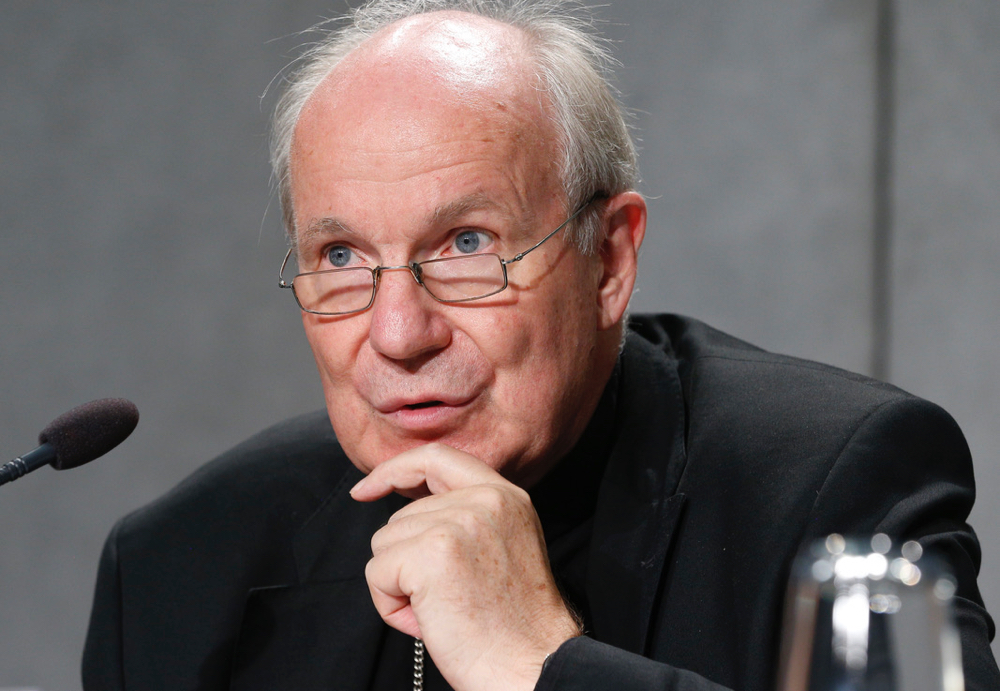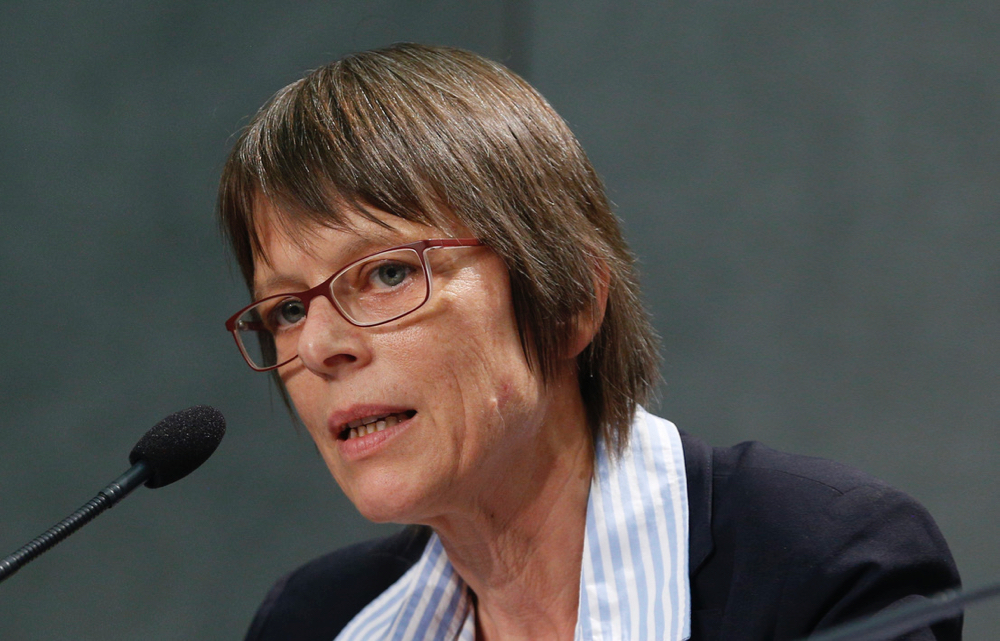Ministries should be established that recognise the work and role of women within the Amazon region, according to a senior religious sister at the Synod of Bishops.
Sr Birgit Weiler, a member of the Medical Mission Sisters who works as a missionary in the Amazon, is attending the Synod as an auditor and took part in one of the “circoli minori” discussion groups. Sr Weiler told The Tablet there is a need for “greater discussion about women in roles of leadership in the Church”.
And she called for a synod specifically dedicated to the role of women within the Church.
Official recognition would allow women in the Amazon to strengthen their commitment to the Church and to faith, thus providing the pastoral presence required by the region, yet which remains largely scant.
“The Church needs to make the conscious step and to make it possible for women to be in positions of leadership where they have the gifts, the skills, the knowledge, and not simply prefer men over women,” she said.
Across the Amazon, Sr Weiler says, it is often women that take part in catechesis and evangelisation where there is a dire lack of priests in the region.
“It is the women that find it easier to connect to other women of other communities that are not Christian and remain firm in their own beliefs, finding common values that bring them together,” she explained.
Yet despite their practical and pastoral work, the roles of these women within these communities – many of which are committed to their Christian belief and mission – remain unrecognised by the Church. While men are provided with “the dignity that is deserved” of the ministerial services, Sr Weiler says women are not afforded the same recognition.
“Because of this we ask that ministries are set up that recognise what these women are doing, that the Church recognise their work, and to not merely state that women are serving”, she explained.
The Tablet has reported that the possibility of a female diaconate has made it into the final synod document, and will be voted on by bishops at the end of this week.
Sr Weiler said the core issue at stake at the synod is the call for a greater “openness to that which is different” in the Church, and avoiding a colonialist mindset.
A few hours before the interview, a video appeared online showing two men, as of yet unidentified, stealing the carvings of pregnant women and throwing them into the Tiber river, one by one. “I find it shocking and painful”, said Sr Weiler, “that somebody cannot just accept something which is different”.
The video, which seems to portray the throwing of the statuettes as some kind of execution, has been a source of heated debate. The icon, which depicts a pregnant woman, has been described by certain Amazonian Catholic communities as “Our Lady of the Amazon”, as a symbol of the life a mother carries within her. However, some within the media have said the statue is a pagan symbol. But what all this signifies for Sr Weiler is a profound misunderstanding of the spirit not only of this specific symbol, but of the Synod as a whole.
“Openness means trying to understand the other: what does a symbol, a picture, a sign mean to the other, and not to behave with prejudices,” she said.
Within the Amazon, many communities find themselves isolated from medical services and essential supplies, and it is often the women that provide the required assistance. Sr Weiler, active on the ground in the Peruvian part of the Amazon, said that women often that give “the first treatment that helps an ailing person to at least health centre alive, where they can then be attended to with the proper medication”.
But it is not just the first treatment that the women offer. Profoundly knowledgeable about their community and their territory, they practise the approach to health and care that Pope Francis called for in Laudato si’, his encyclical on the environment. “They have knowledge of why a person suffers: a disease does not just affect an organ, but it also has something to do with the way we live, with our relationships.” Sr Weiler continued: “When we speak about integral ecology, we speak about how we care about each other and how we care about the earth.”
She continued: “The Amazon is an example of the necessity to put Laudato si’ into practice, and see it as a message for the whole Church and all people of good will on Earth.” The region, and that which comes out of this Synod, should be seen as representing a laboratory in which to read the signs of the times.”
Sr Weiler reiterated an earlier call that women within the Synod be able to vote. Although non-ordained religious brothers have been given a vote, women general superiors of religious congregations have been denied an effective say in the summit’s decisions. “Our differences are not to be understood in a hierarchical way, but we should ask ourselves how we can truly be one by recognising our differences.”
The signs are encouraging, she said, and within the “circoli minori” discussion groups, “we treat and see each other equally, as brothers and sisters." But there is still a long way to go. She called for a synod dedicated to the role of women within the Church.
Sr Weiler emphasised that before such a conversion can take place, the message of the Synod needs to be listened to.



 Loading ...
Loading ...